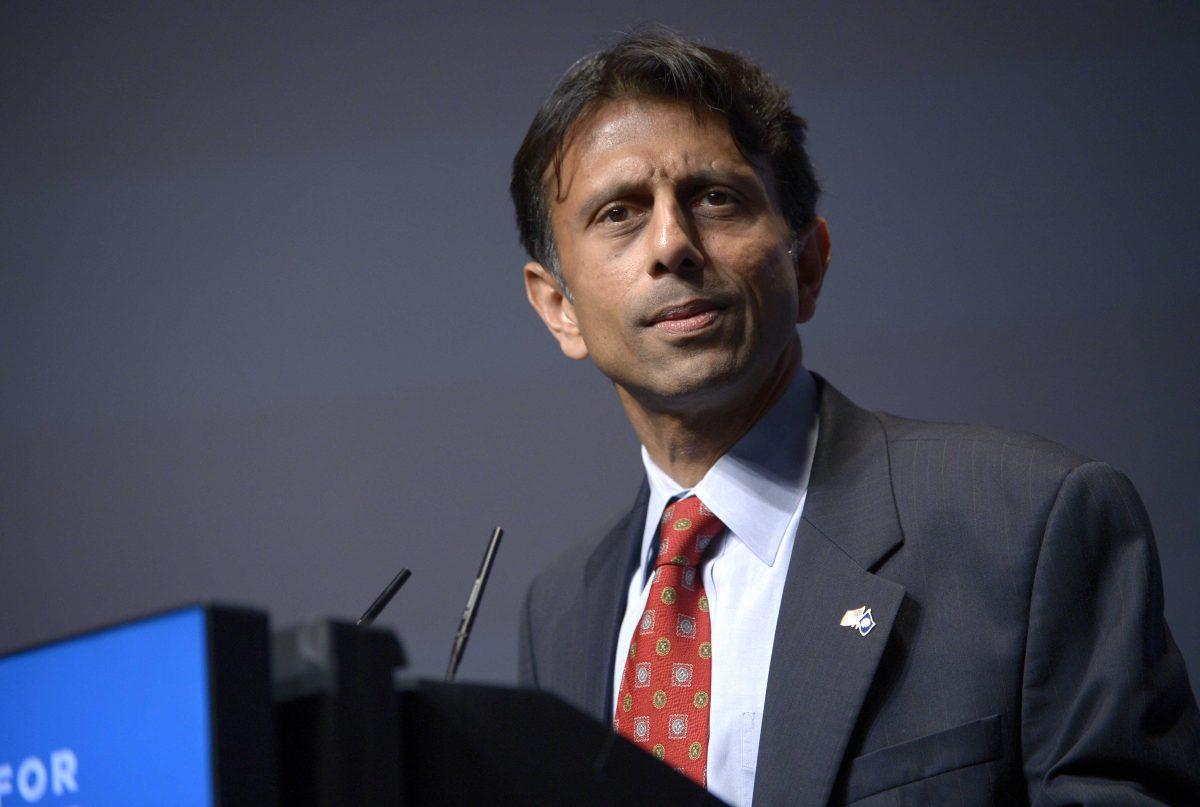What do the Tea Party and Occupy Wall Street have in common? They are both populist movements that sprung up following the 2008 financial crisis, yet they are on opposite sides of the political spectrum.
The country has taken a rightward political shift, which will make the struggle for the next generation of students more difficult than the current one.
But this is not how it has to be.
Huey P. Long began a progressive push, championing free education, social programs for the poor, infrastructure projects and major job creation programs in order to get us out of the ditch of abject poverty. As students at LSU, we attend a school that was modernized and expanded because of Long’s reforms. These reforms also expanded the admissions of poor students.
Fast forward to today, when Gov. Bobby Jindal and other Republican governors have been slashing taxes for the rich and cutting spending to health care and education. This reversal of policies over the past 100 years of progressivism is a national issue as well.
In 2008, the United States had a major financial crisis, which was directly the result of decades of right wing economic policies.
Instead of a progressive movement springing from the ashes of a recession, a right-wing populist movement appeared — an odd move to a more extreme form of the root cause of the crisis.
The Tea Party isn’t a natural spontaneous reaction to the crisis, and its policies reflect this. According to Thomas Frank, the author of “Pity the Billionaire,” the Koch Brothers decided to back a right-wing movement in order to prevent another Roosevelt-esque New Deal.
The rightward populist reaction is paradoxical.
The reality is that this rightward shift of the people is also aided by the lack of populist messaging and action by the Democrats and the failure of the left to organize them.
When the financial crisis occurred, there were many grievances that needed be answered, such as why regulators failed to stop and predict the financial meltdown. The right’s answers consist of claiming government always fails and the solution is to end government regulation of banks.
On the other side, the Obama administration didn’t have an answer and just pushed forward instead of addressing the people’s grievances. The right at least gave an answer to the American people, even if it’s a bad one.
According to Frank, Obama has failed to reach out to the working people and push for progressive economic reforms. Working people are supposed to be the base of the Democratic Party. Frank claims we are supposed to be in another New Deal era instead of this major left-right split.
The reactionary Tea Party was the cause of the shutdown. It has shamed us all in the eyes of the world. While we have an unemployment crisis and major wealth inequality, all it proposes is to stop health care reform, which is currently helping millions who couldn’t get health care before.
After the debt ceiling battle, the country has taken a major shift to the right. This means at this point the Democrats have turned into the moderate Republicans, and the Republicans have turned into the reactionary Tea Party.
There is still a chance to turn it around because both Congress and the president are unpopular. The Tea Party and Occupy Wall Street actually share a goal that makes them both populist. They both support common interest and despise special interest, which rule over both parties.
Opinion: Rightward political shift won’t solve anything
October 22, 2013
FILE – In this Aug. 30, 2013, file photo, Louisiana Gov. Bobby Jindal addresses attendees during the Americans for Prosperity Foundation’s Defending the American Dream Summit in Orlando, Fla. With no end in sight to the federal government shutdown, Republican governors eyeing the 2016 presidential race are pitching themselves as can-do politicians and highlighting records of achievement. “Republican governors are not going to take it anymore,” says Jindal, among those state leaders and potential presidential candidates using the shutdown to try to position themselves as outsiders at a time of voter disgust with Congress and anyone connected with Washington. (AP Photo/Phelan M. Ebenhack)





